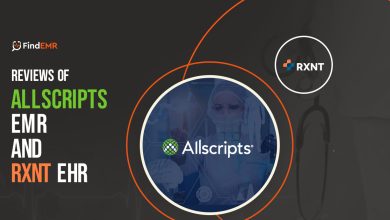How Does The NDIS Help People With Autism?

Over 350,000 Australians have some form of autistic spectrum disorder (ASD). The National Disability Insurance Scheme (NDIS), is a form of funding that can help provide support to individuals with autism. Read on to find out how to apply, and how the NDIS can help to fund NDIS service providers if you have ASD.
Can I Apply For The NDIS?
If you have a Level 2 or 3 ASD diagnosis, you are highly likely to qualify for NDIS funding. You can find the full list of NDIS disability requirements here. If you have a Level 1 ASD diagnosis then you may qualify for funding.
Also you will need to submit some additional information about how ASD impacts:
- Your mobility
- Social interaction and communication
- Your learning and development
- Your self-care
Even if you have a Level 2 or 3 ASD diagnosis, it is still helpful to prepare this information to support your application.
You will also need to be aged between 7 and 65, be an Australian citizen living in Australia (or have a permanent visa), and also have a permanent disability.
Where Can I Apply For The NDIS?
You can apply for the NDIS by completing their access request form, or via a verbal application over the phone.
When you apply for NDIS you will need to submit your evidence along with your application. This includes evidence that you have ASD, that you live in Australia permanently, and your age. You may also need to submit additional information for funding with a Level 1 ASD diagnosis.
If you need help applying for the NDIS, you can ask for help from a friend or family member. The NDIS also provides details of local support workers who can help with your application.
What Does The NDIS Fund?
The NDIS funding is entirely tailored to an individual’s needs. The people assessing your application will carefully review your needs and goals, and align it with their reasonable and necessary criteria to help determine what support is needed in your plan. All that reasonable and necessary means are that the funding will only go towards essential and appropriate funding to help you achieve your goals.
Your goals are what you hope to achieve with the funding. Some examples might include:
- Help with improving communication through speech therapy
- Assistive technology to help with your mobility or communication
- Access to NDIS carers to help you with your self-care and development
- Help with the development of your interpersonal skills by funding for a particular event or week away
It helps to be really specific with your goals and needs when applying. This is because it helps the people reviewing your application see where the funding can best help you. As an outcome of the application, you will be able to use the funding to approach NDIS registered providers like HomeCaring to help you achieve your goals.
What Happens After My NDIS Funding Is Approved?
After your NDIS funding is approved, you can use it to work with a registered NDIS provider who can help you achieve your goals. You might work with an NDIS carer who helps you with your self-care, or takes you to events where you can make friends or learn particular skills. Your NDIS carer will help make sure your NDIS goals are achieved and your plan is worked through properly.
Read this: https://www.thetechbizz.com/how-many-aba-therapy-hours-does-my-child-need/




